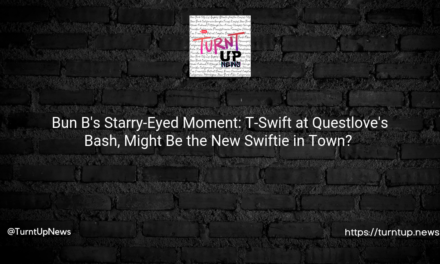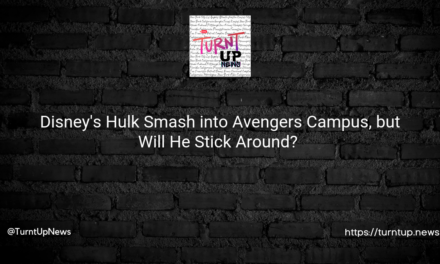🎸👀 Jimmie Allen Claps Back: Country Star’s Countersuit Rattles the Cage! 🎤⚖️
TL;DR:
Jimmie Allen, celebrated country musician, now finds himself center stage in a legal drama. He’s countersuing two women who previously sued him for sexual assault. The accusations disrupted his professional life, tarnished his reputation, and sent shockwaves through the country music industry. Allen maintains his innocence, alleging that all interactions were consensual.🕺💔📜
🚀 Full Blast 🚀
In the latest twist of the legal tale that’s got Nashville all shook up, country crooner Jimmie Allen is hitting back. He’s countersuing two women, known only as “Jane Doe,” who sued him for sexual assault. And what’s got everyone’s blue suede shoes tapping is the question: were the encounters consensual, as Allen claims, or was there a darker undercurrent to these relationships? 😲🎼
This ain’t just a honky-tonk heartbreak, folks. The women’s lawsuits were filed separately, each delivering a sucker punch to Allen’s career. One plaintiff, his former day-to-day manager, alleges a horrifying pattern of assault and abuse over a year and a half while working closely with the star. The second lawsuit came from another woman who accused the singer of secretly filming her during intimate moments in a Las Vegas hotel room. 🏨📹😱
Allen has come out swinging with a countersuit, defending his honor and trying to mend his broken career. He claims the relationship with his former manager was fully consensual, and even argues that both he and Jane Doe initiated sexual encounters. But why did this relationship turn so sour, and what does it mean for the wider conversation about consent and power dynamics in the music industry? 🎵💪🤔
Then there’s the Vegas incident. The countersuit acknowledges the filming but frames it as part of a consensual encounter. But how clear were the boundaries? And how does the concept of consent extend to being filmed? 📹🛏️💭
Behind the country ballads and the big-stage persona, there’s a man feeling the strain. Allen reveals he’s been seeking professional help following the allegations. His personal life has suffered, he’s lost work and faced financial damage, and he’s experienced intensified racism and harmful threats. Did he, a Black man in the country music industry, become an easier target for these accusations? 🎶🎯🤷♂️
Allen’s adamant he’s not the villain of this country ballad. He’s passionately defending his reputation, his mental health, and his family. It’s a high-stakes game of he said, she said, and we’re all waiting for the final verse. With the legal process in motion, will the country star manage to hit the high note and clear his name?🏛️🎤🎬
So, let’s get real here: what’s the true cost of these allegations? The fallout was brutal, with Allen dropped by his label, agency, management, and publicist. Endorsement deals disappeared, performances were canceled, and Allen was left standing in the harsh spotlight of scandal. But how fair is this abrupt dismantling of a career on the basis of allegations, and where should the line be drawn? 🎸🌩️💔
Before all this, Allen was a shining star in the country music firmament. With multiple No. 1 hits, awards, and even a Grammy nomination to his name, he was the epitome of success. But now, he’s become an emblem of controversy. So, as fans, industry insiders, and casual onlookers, we must ask ourselves: will we see a phoenix rise from these ashes or will this be Allen’s swan song? 🌟🔥🦢
Here’s the grand finale question for y’all: Should we allow room for both accusers and accused to present their case before passing judgment, or does the court of public opinion always hold sway in these high-profile cases? 🏛️🎭💭





